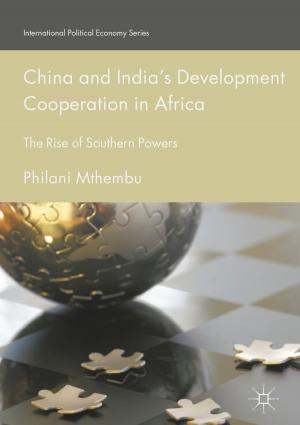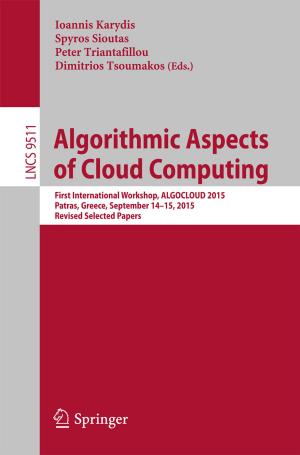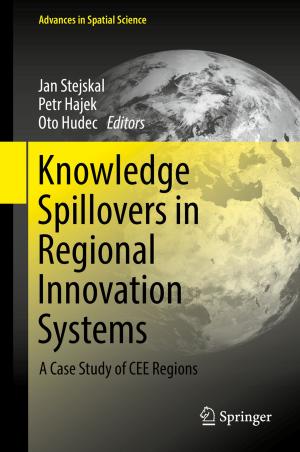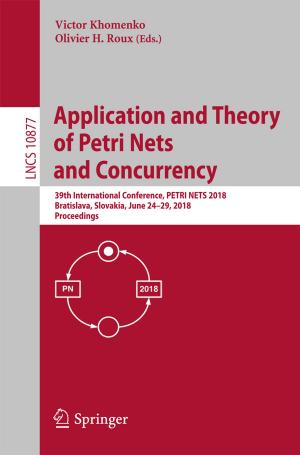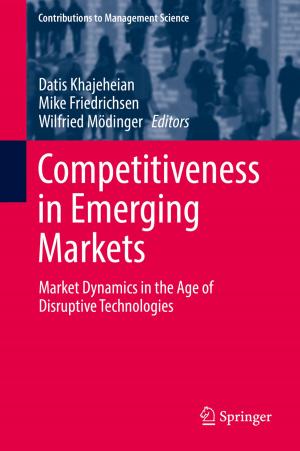Macro Innovation Dynamics and the Golden Age
New Insights into Schumpeterian Dynamics, Inequality and Economic Growth
Business & Finance, Economics, Macroeconomics, Economic Development| Author: | Paul J. J. Welfens | ISBN: | 9783319503677 |
| Publisher: | Springer International Publishing | Publication: | February 16, 2017 |
| Imprint: | Springer | Language: | English |
| Author: | Paul J. J. Welfens |
| ISBN: | 9783319503677 |
| Publisher: | Springer International Publishing |
| Publication: | February 16, 2017 |
| Imprint: | Springer |
| Language: | English |
This book takes a new look at the golden age in neoclassical growth theory and explores in detail sustainability and optimum growth in China, the US and Europe. Innovation, foreign direct investment, trade and growth dynamics are key elements in modern economies – including perspectives on green growth and aspects of the knowledge production function in the context of multinational companies. As such the book considers the role of foreign direct investment in a modified growth model and discusses innovation in an enhanced Mundell-Fleming macro model. Moreover, for the first time it directly links a knowledge production function to the macro production function in a broader context, including real money balances in the production function. It shows – also with empirical relevance – that FDI inward stocks relative to the GDP of host countries, the number of researchers and per capita income are relevant drivers of new knowledge and the stock of knowledge, respectively. This new Schumpeterian theoretical approach lends itself to important policy conclusions for both OECD members and newly industrialized countries.
This book takes a new look at the golden age in neoclassical growth theory and explores in detail sustainability and optimum growth in China, the US and Europe. Innovation, foreign direct investment, trade and growth dynamics are key elements in modern economies – including perspectives on green growth and aspects of the knowledge production function in the context of multinational companies. As such the book considers the role of foreign direct investment in a modified growth model and discusses innovation in an enhanced Mundell-Fleming macro model. Moreover, for the first time it directly links a knowledge production function to the macro production function in a broader context, including real money balances in the production function. It shows – also with empirical relevance – that FDI inward stocks relative to the GDP of host countries, the number of researchers and per capita income are relevant drivers of new knowledge and the stock of knowledge, respectively. This new Schumpeterian theoretical approach lends itself to important policy conclusions for both OECD members and newly industrialized countries.

